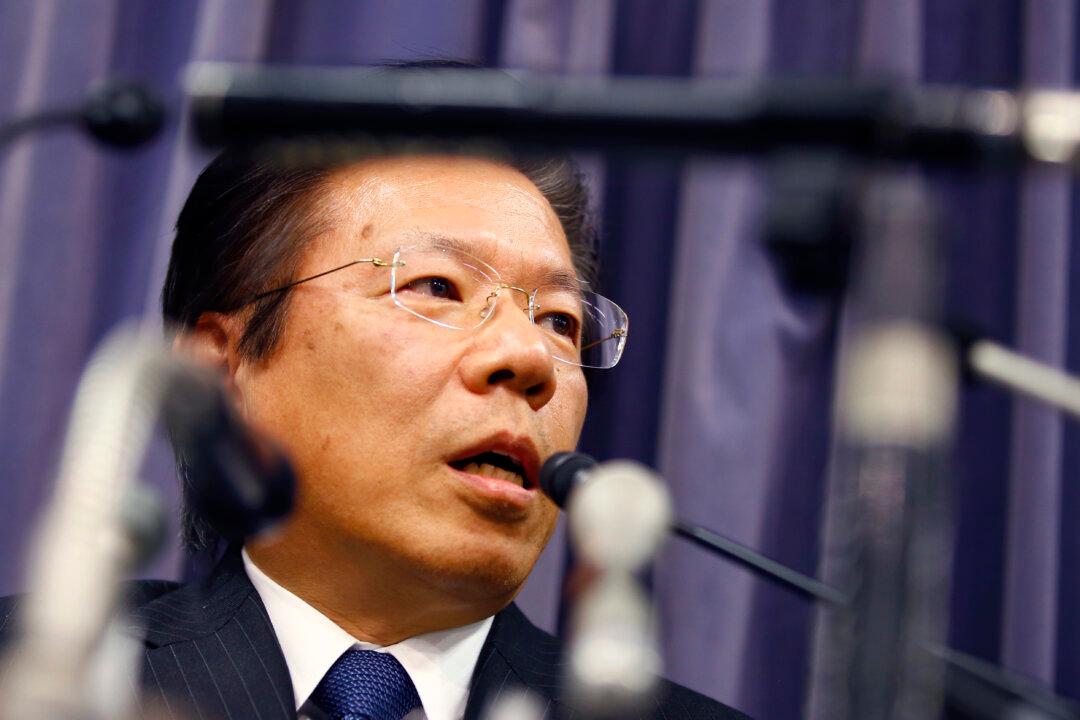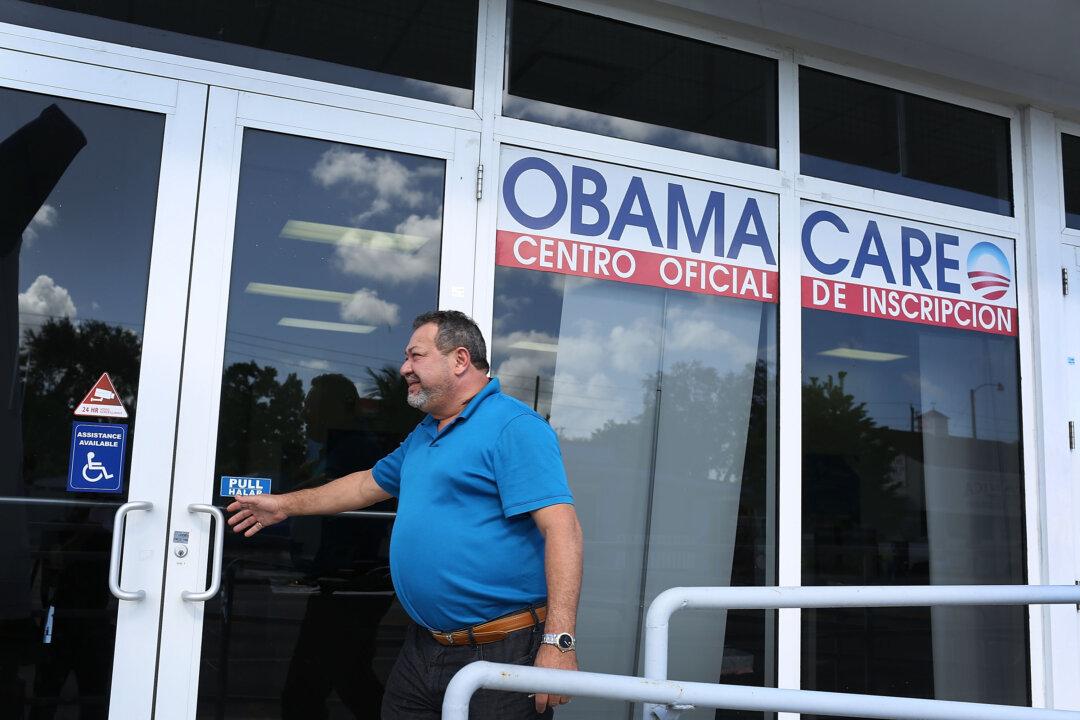Japanese automaker Mitsubishi admitted last week it has intentionally lied about fuel economy data for some of its models since 1991.
President Tetsuro Aikawa said on April 26 the probe was ongoing, hinting that more abnormalities may surface.
“We don’t know the whole picture and we are in the process of trying to determine that,” he said at a news conference at the transport ministry, according to AP.
“I feel a great responsibility,” he added.
Since so much is still unknown, it is uncertain what the company will do next, said Aikawa. He also said he did not know why workers resorted to lying about mileage.
Mitsubishi has continuously promised to act with transparency, especially after a scandal 15 years ago involving a systematic cover-up of auto defects.





